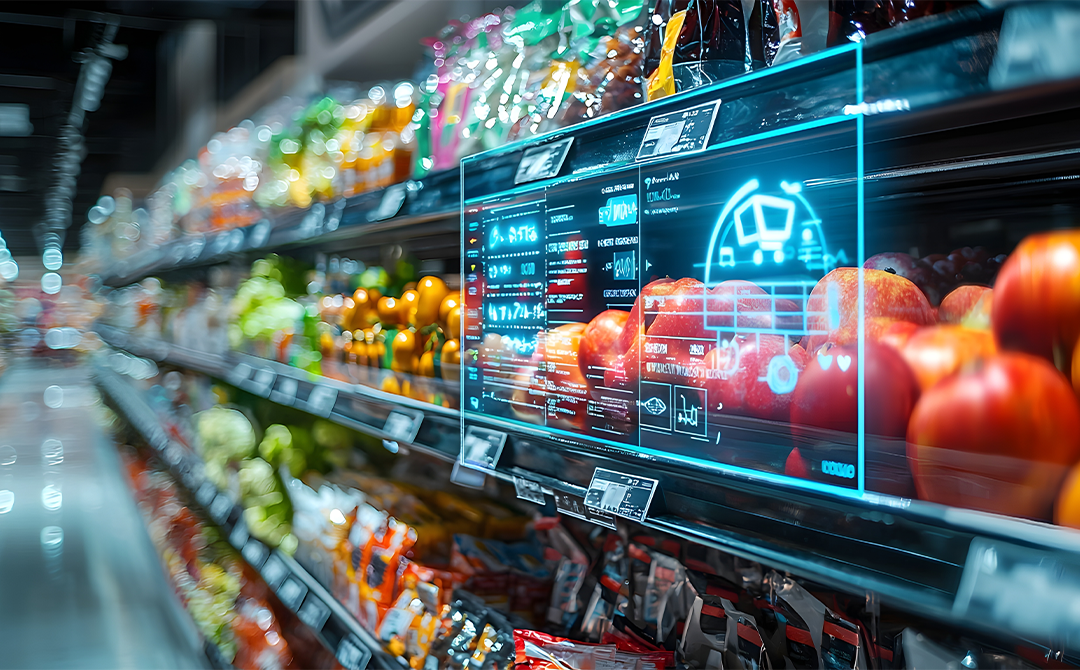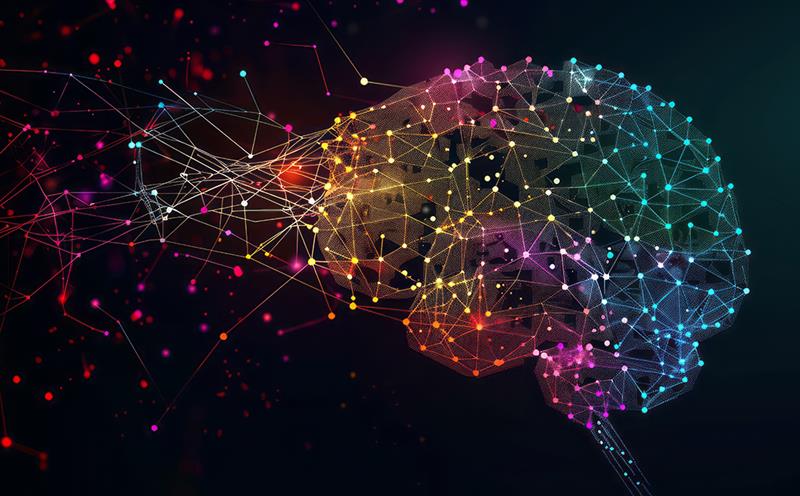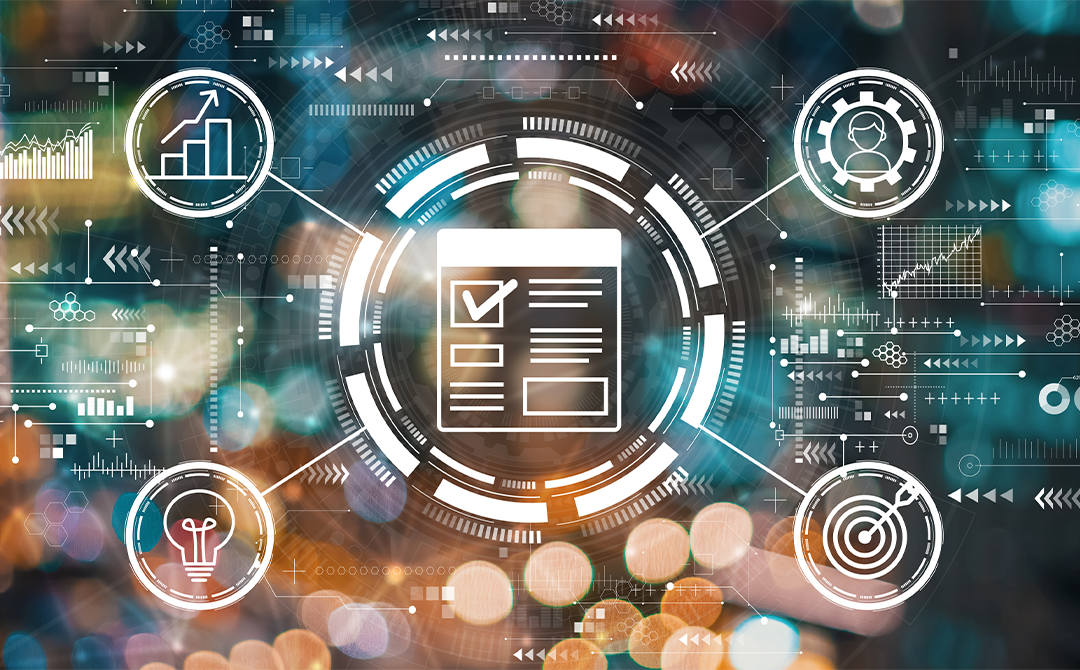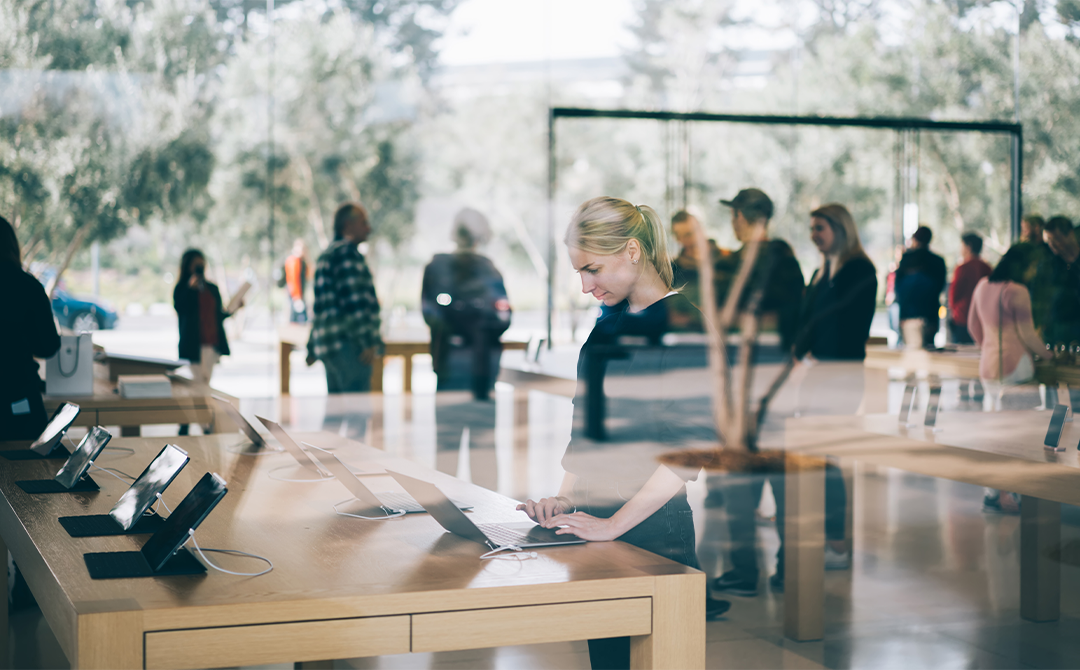
The global generative AI in CPG Market is expected to reach USD 5.4 billion by 2033, up from USD 2.3 billion in 2023, with a robust CAGR of 9.5%.
CPG firms, due to the nature of their products, are the first to be hit by economic headwinds. Against this backdrop, healthy genAI adoption tells us that as the new technology becomes more accessible and versatile, CPG companies are not hesitating to leverage it for competitive agility and customer delight.
Why Generative AI for your CPG business?/ Consider the benefits of Generative AI for your CPG business.
GenAI is not a mere productivity-enhancing tool. It has the potential to accelerate innovation, help create memorability and loyalty with the consumer, and transform the entire CPG landscape into one of greater inventiveness and optimization.
- GenAI rapidly analyzes structured data, such as sales figures, financial reports, and quantitative market research and unstructured data, like economic analyses, weather reports, materials research, social media sentiment, and media coverage
- It can interact with your employees, stakeholders, and customers to foster collaboration, personalization and innovation.
| According to an EY survey of CEOs, 40% of consumer leaders already think they are successfully leveraging GenAI. More than one in five (22%) say it is significantly impacting how their business functions operate. |
Many CPG market leaders, aware of the powerful possibilities, have been embedding genAI across their businesses. The competitive food and beverage sector leads the pack, followed by personal care products and household goods.
Here are four generative AI use cases illustrating how these companies have deployed genAI.
- Create unforgettable brand experiences: At 60% forecasted adoption in 2024, marketing and advertising have emerged as the leading application areas for genAI in CPG businesses. The technology's strengths are ideally suited to the creativity, personalization agility, and scale that CPG businesses need to attract and retain modern customers. Across the marketing lifecycle, from creating segments to designing and leveraging campaigns and measuring engagement and conversions, CPG giants are leveraging the technology to boost the effectiveness and ROI of their activities. With everybody in on the game with off-the-shelf, semi-customized, and customized models, your CPG business needs to do more to up the ante on genAI-powered brand activities.
Here is how. Use its flexibility and scalability to create experiences that truly represent the spirit of the brand and with which thousands, if not millions of your customers can have personalized interactions. This intersection of your brand's essence and customer connections will be hard for your competitors to replicate. An example is a beverage giant's recent genAI-led campaign, where loyal customers participated in the development process of a futuristic flavour variant.
| Basic, dynamic personalization is now par for the course. CPG businesses should leverage AI for marketing and advertising to build strong emotional connections. |
- Power always-on supply chain optimization: Supply chains are the lifeblood of a CPG business. Given the multiplicity of channels and geographical spread of networks, ensuring the right product or raw material is available at the right place at the right time has never been more complex. With millions of dollars at stake, CPG firms have always proactively mitigated risk and streamlined their supply chains, but earlier solutions had limited ability to scan diverse data and deliver much-needed real-time insights.
Now, supply chain teams in CPG firms are leveraging generative AI to consolidate cross-functional inputs from teams like sales, finance, and marketing, along with their expertise and external causal variables and third-party audit data for on-the-go costs and logistics optimization.
In one successful instance, a global CPG leader uses NLP models to tap into reliable external sources and gauge the real-time impact of extreme weather, port congestion, traffic, and socio-political happenings on its supply chain. This has delivered 78% stock-out prediction accuracy and saved the company nearly $90 million in losses.
There are more examples of genAI-led CPG supply chain innovation. A North America-headquartered CPG firm used generative AI algorithms to track live outcomes of new models that dynamically identified cost gaps in ingredients and packing materials. The technology rapidly identified that waste had dropped by more than 30%. This speedy identification has prompted the company to expand the program, setting up an always-on optimization approach supply-chain-wide to respond to disruptions and market dynamics rapidly.
|
GenAI in the CPG supply chain
|
- Expedite Time to Market: Speed to market is a critical enabler of competitive success for CPG companies. In a fast-paced sector with constant innovation by all players and consumer preferences that change in the blink of an eye, a slow product launch can mean much more than an opportunity loss. You lose first mover advantage, which creates the highest stickiness and customer loyalty, the foundation of sustained category and market leadership.
But as a CPG company, you know that accelerating time to market has also become more complex and non-linear, like with everything else. Your strategy needs to track myriad information, such as changing ESG regulations and up-to-the-minute social media trends, and design, formulate, test, and launch a compliant product that fills an upcoming gap before your competitors do it. Fortunately, this complexity is an ideal use case for generative AI. It can handle multidimensional analysis at any stage of the go-to-market process, including formulating and designing product variants, testing, and optimizing marketing and last-mile logistics.
Here is how an Asian beverage company walked the talk on gen-AI powered accelerated go-to-market. The company wanted to enter the EU market with a new product concept. Launching the process, the company utilized ChatGPT to gain insights into flavour trends, consumer behaviour, and beverage consumption patterns in the EU in just a day. The marketing team curated those results using their traditional approach. For product formulation, manual processes usually take up to 10 days to produce one high-fidelity beverage concept. However, a text-to-image GenAI tool produced 30 such high-fidelity concepts in a single day. Since these concepts were highly realistic, marketing was able to collect tangible feedback on what to go ahead with. On the whole, the beverage company was able to condense a year-long process into a single month with GenAI.
| GenAI supercharges the go-to-market journey, speeding up activities and enhancing their effectiveness. |
- Unleash Back-office Efficiencies: Marketing, sales, product development and supply chain are mentioned in the same breath as CPG companies, given their criticality to the business. But there is merit in saying that HR, finance, and other support functions are the efficient engines that help these frontline functions deliver success. And there is ample scope here to deploy genAI. Legal and finance can use the models for drawing up contracts and conducting quick research. IT can use it to help with coding, quality and testing pilots. And most companies are already using some form of AI for their recruitment and career planning. GenAI can only add value. Recent McKinsey research found that CPG companies can save 25-50% time in recruiting by leveraging genAI.
Building a Strong Foundation
| In 2023, the Software Platforms segment held a dominant market position within the Generative AI in CPG market, capturing more than a 47% share. |
There is no doubt that genAI will bring sweeping change to the CPG landscape. CPG companies are rapidly upgrading their pilots to full-scale initiatives, EY has found. To make the most of this journey, it is important to not lose sight of fundamentals. Choose a partner who can help monitor good data hygiene, set up versatile data pipelines, and a streamlined technology landscape so your genAI innovations have high rates of success. Customized platforms that sit on top of such an environment will pave the way to fruitful outcomes.
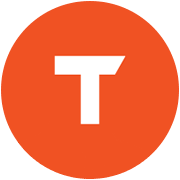
AUTHOR - FOLLOW
Editorial Team
Tredence
Topic Tags
